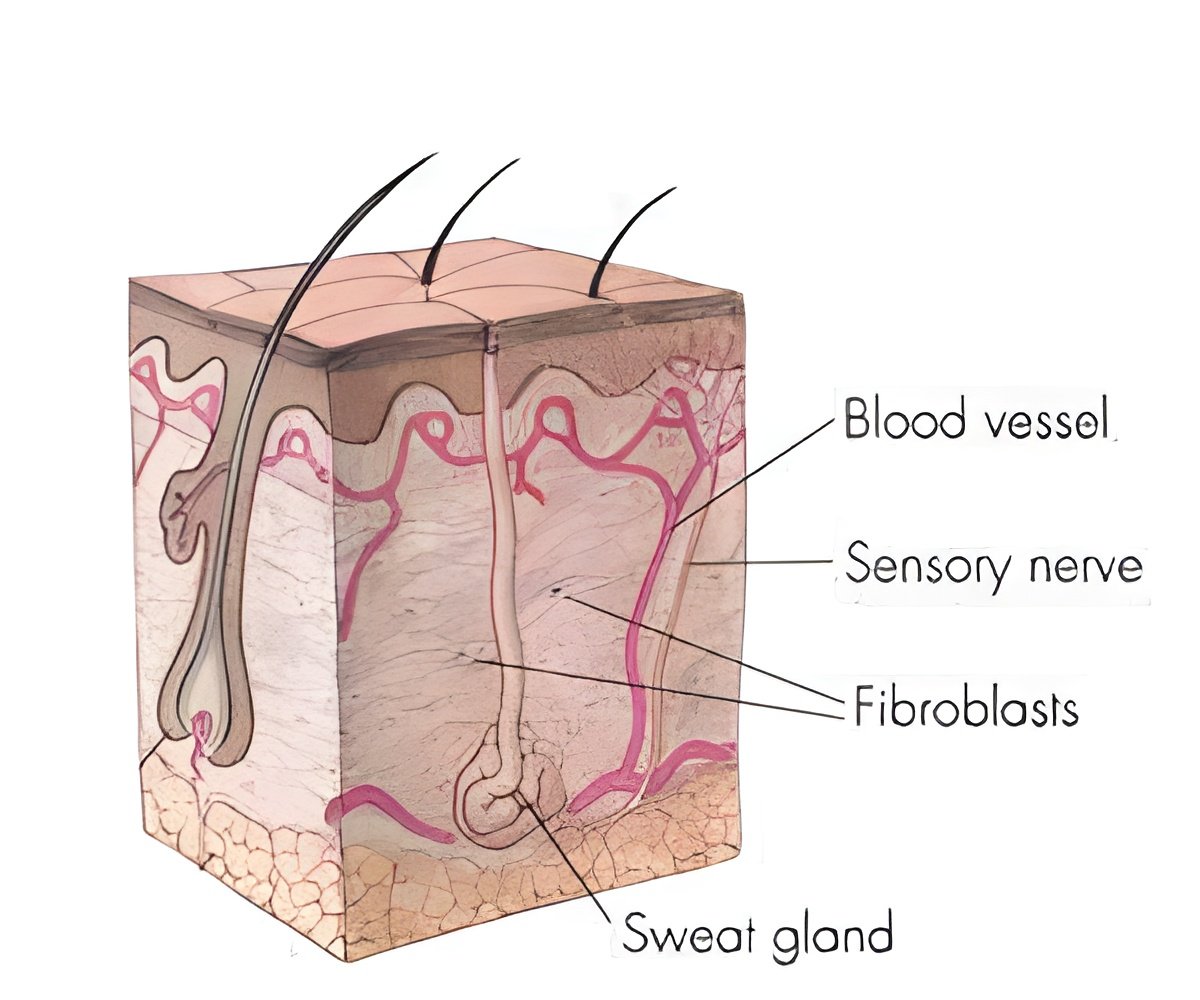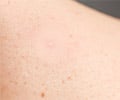Studying the skin regeneration capability of a species of mice could provide more clues towards developing new treatments for healing wounds.

Studying further on how the process occurs, the researchers found that unlike in mammals, where the process is incomplete and leads to formation of a scar, the regeneration in African spiny mouse was aided by a molecule known as collagen III. The researchers also found that the deposition of extracellular matrix was slower compared to other mice, dogs and humans.
“These mice appear to deposit extracellular matrix into their wounds at a slower rate than mice, pigs or humans. Although many scientists are trying to speed up the healing process, our studies on spiny mice and salamanders show that slowing things down is the path towards regeneration”, Dr Seifert said.
Source-Medindia















